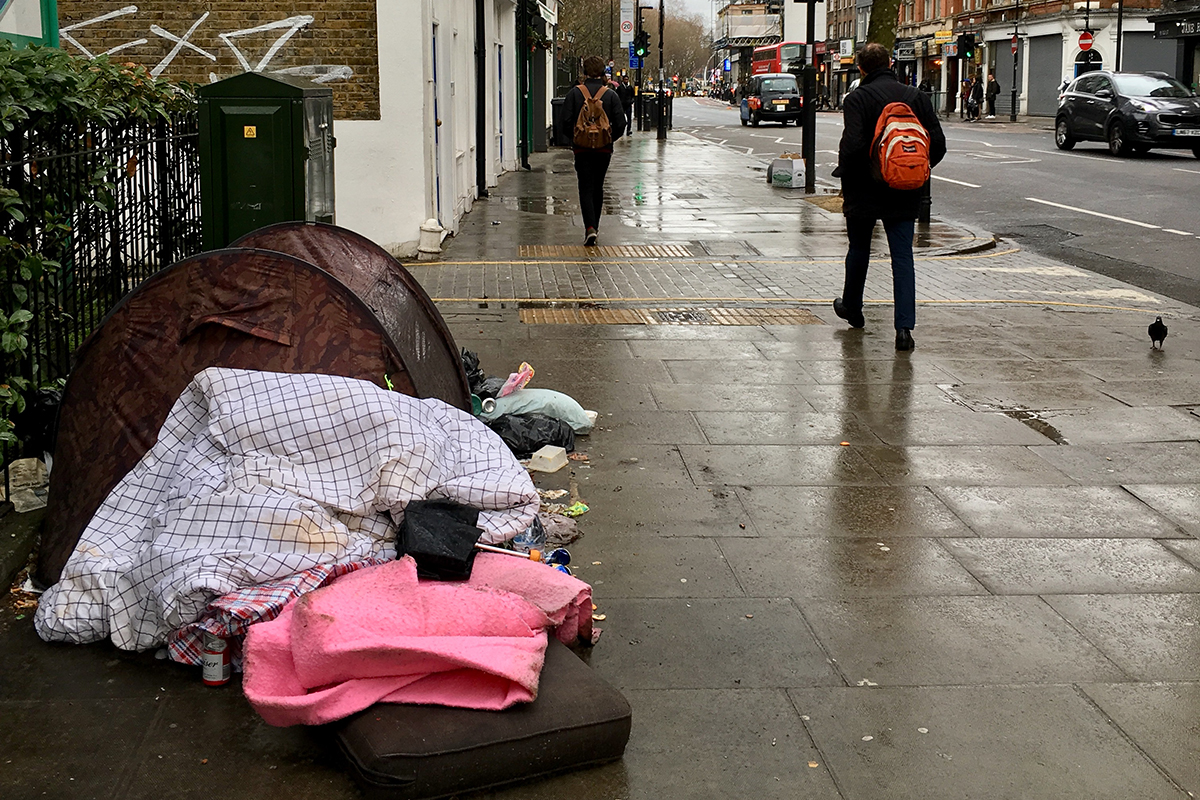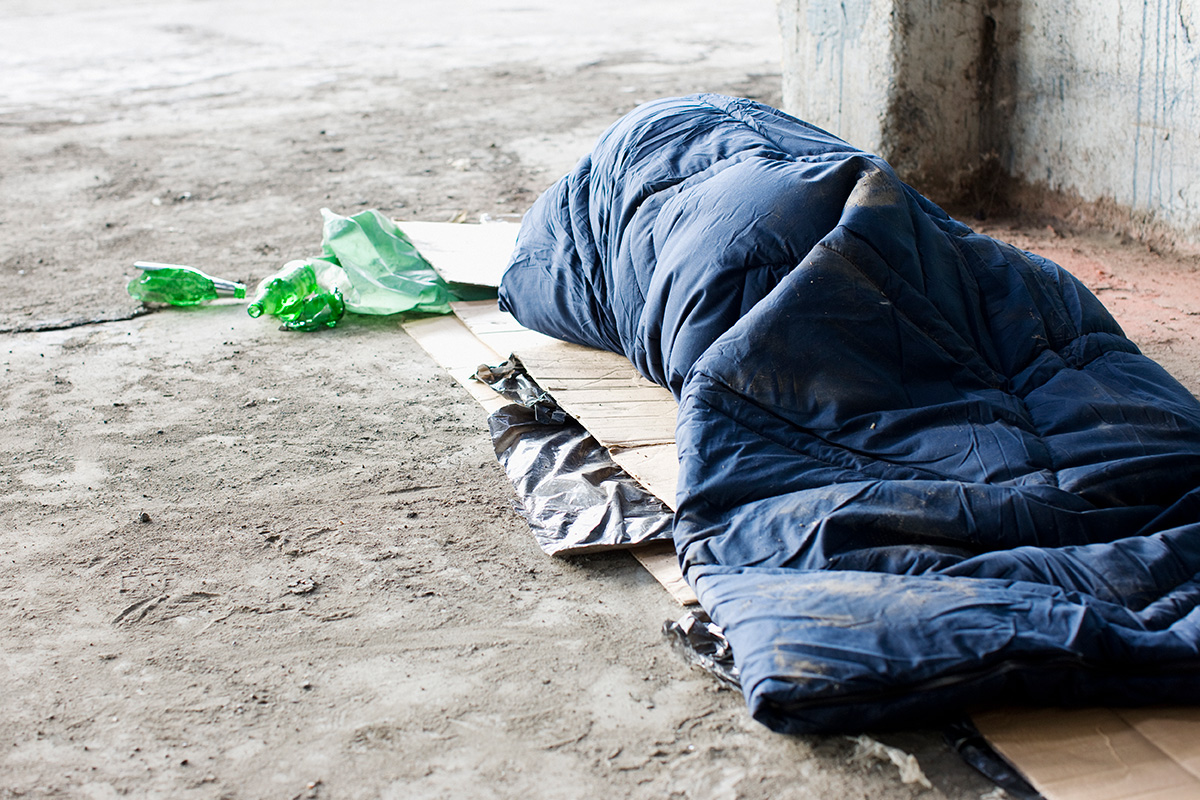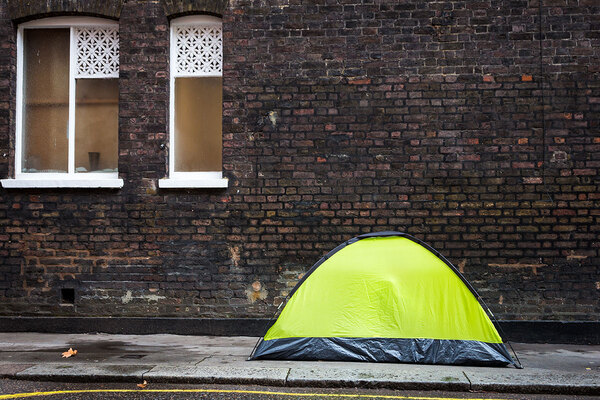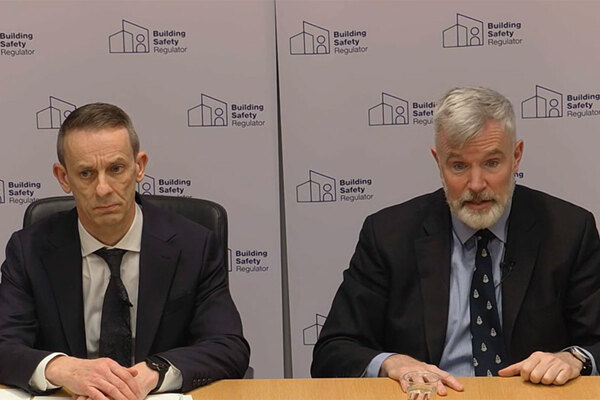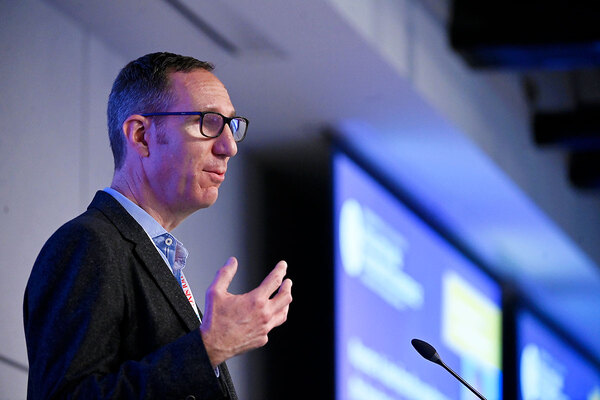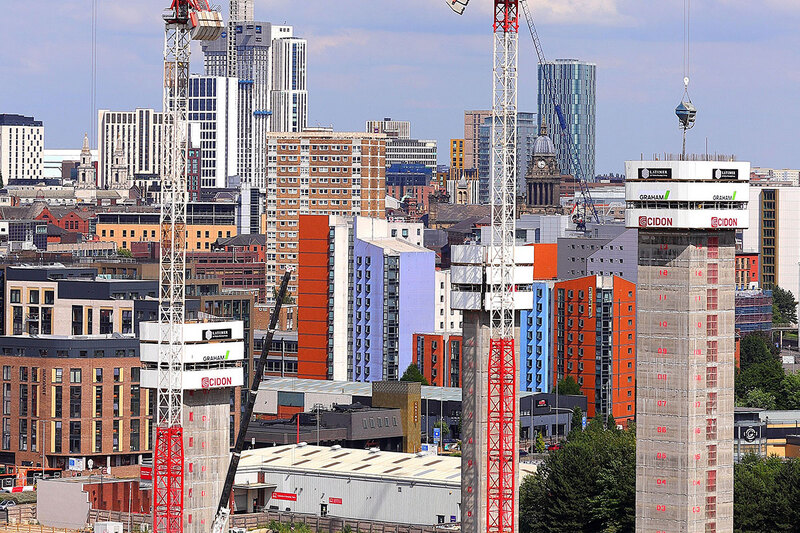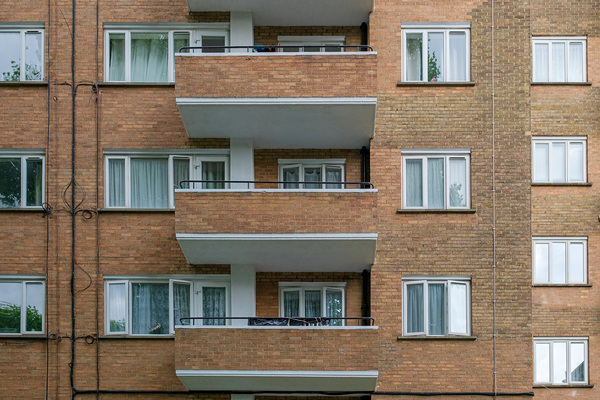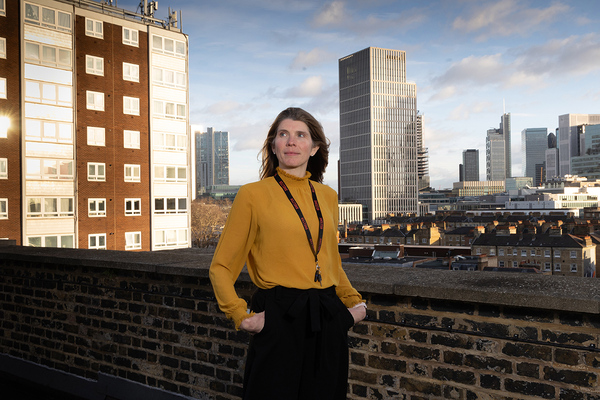You are viewing 1 of your 1 free articles
Government faces legal challenge for ‘misleading public’ over Everyone In scheme
The government is being taken to court over its scheme to house rough sleepers during lockdown, with lawyers arguing that ministers “misled the public” about the nature of the policy.
A judicial review is being brought against the government by a rough sleeper, who cannot be named due to an anonymity order, who was denied access to accommodation earlier this year despite the ongoing Everyone In scheme.
A lawyer representing the claimant told Inside Housing that the government had said to them earlier this year that Everyone In was “not a permanent programme”, despite ministers stating publicly at the time that the scheme was ongoing.
The case, which is due to be heard by the High Court this month, concerns the government’s efforts to find self-contained accommodation for rough sleepers during the coronavirus lockdown.
The scheme began in March 2020 as the UK was entering its first lockdown when government advisor Dame Louise Casey and homelessness minister Luke Hall wrote to all local authorities telling them to find accommodation for all rough sleepers by the weekend.
Both the media and the government have widely referred to the scheme as ‘Everyone In’, in reference to the wording used by Dame Louise in her original letter to local authorities.
The Everyone In scheme has been hailed as a huge success by ministers, with the government claiming that more than 37,000 individuals have been housed as part of the initiative.
However, throughout the pandemic, lawyers, charities and the media, including Inside Housing, have called into question whether some of the support being offered to rough sleepers during the first weeks of the pandemic has been rolled back. The government has repeatedly responded by stating that Everyone In is “ongoing”.
The judicial review is being brought forward by an individual with no recourse to public funds, who approached Camden Council for accommodation in March this year as the winter night shelters they had been sleeping in were set to close at the end of that month.
Before the pandemic, an individual with no recourse to public funds would usually be refused housing support from their council as a result of their immigration status.
However, Mr Hall’s letter to local authorities in March 2020 stated that councils should “utilise alternative powers and funding to assist those with no recourse to public funds who require shelter and other forms of support due to the COVID-19 pandemic”.
As a result, thousands of individuals with no recourse to public funds have been housed by councils during the pandemic.
However, Camden Council initially refused to accommodate the claimant. Derek Bernardi, a solicitor representing the claimant, said the council told him that the objectives of Everyone In had changed at that point. The council said its was only now offering accommodation to long-term and more vulnerable rough sleepers, while also still accommodating those who had been housed earlier under the scheme, Mr Bernardi said.
The claimant is currently being housed by Camden Council until a decision is made on a separate judicial review case brought against the council on this decision.
In addition to the Camden case, Mr Bernardi said he had “a couple of other clients who had been told by other local authorities that Everyone In had ended” and had “heard from colleagues in the legal and charitable sectors that they had similar experiences”.
As a result, Mr Bernardi said that he and the barristers he was working with on the case agreed to send a pre-action protocol letter to the Ministry of Housing Communities and Local Government (MHCLG), as it was then known, challenging its “apparent decision to end Everyone In”.
In response to the pre-action letter, which was sent in July this year, the government said Everyone In “was not a permanent programme”, which Mr Bernardi said was “obviously implying that it had ended”.
Mr Bernardi said the government has made “a very large number of statements” that “contradict its private position”.
Two examples he provided of this are a blog post written by MHCLG and a statement made in parliament by rough sleeping minister Eddie Hughes, both of which took place in the same month that the government responded to the pre-action letter.
On 7 July 2021, MHCLG published a blog post entitled ‘Response to claims about the Everyone In Scheme’, which said: “Some media outlets are reporting claims that we have told councils that the Everyone In scheme is ending. The work of Everyone In is ongoing.”
The blog was published one day after Inside Housing published a story that revealed councils had received a letter from the government that told them to close the hotels they were using to house rough sleepers under the Everyone In scheme as part of the latest wave of rough sleeper funding.
Two weeks later on 19 July, MP Layla Moran asked rough sleeping minister Mr Hughes in parliament whether local authorities had been instructed to end Everyone In.
He replied: “It is categorically not the case that either charities or local councils have been instructed as the hon. member suggested. Indeed, funding through the rough sleeping initiative continues to fund people in emergency accommodation.”
The judicial review case will challenge the government on two main arguments: the government failed to consult with the charitable sector before ending Everyone In and that the government “has breached the transparency principle”.
“What we mean by this is that Everyone In, as a policy, was completely different depending upon its public or private form, and the two forms were contradictory,” Mr Bernardi said.
He added: “The public position was quite clearly that everyone meant everyone, and the policy of getting people off the streets was ongoing.
“At the same time, the government was apparently advising local authorities that they needn’t accommodate everyone,”
“This argument is, I think, particularly important given the current political climate. It’s a reflection of post-truth politics and raises questions about whether a government should be allowed to, in effect, mislead the public about its policies without legal consequence.”
A Department for Levelling-Up, Housing and Communities spokesperson said: “We cannot comment on ongoing legal proceedings.
“We asked councils to bring ‘Everyone In’ at the start of the first lockdown to ensure we protected the most vulnerable from COVID-19. As a result, 37,000 people have been supported, including 26,000 already moved into longer-term accommodation.”
Camden Council said it was unable to comment while legal proceedings are ongoing.
Sign up for our homelessness bulletin
Already have an account? Click here to manage your newsletters
Related stories
